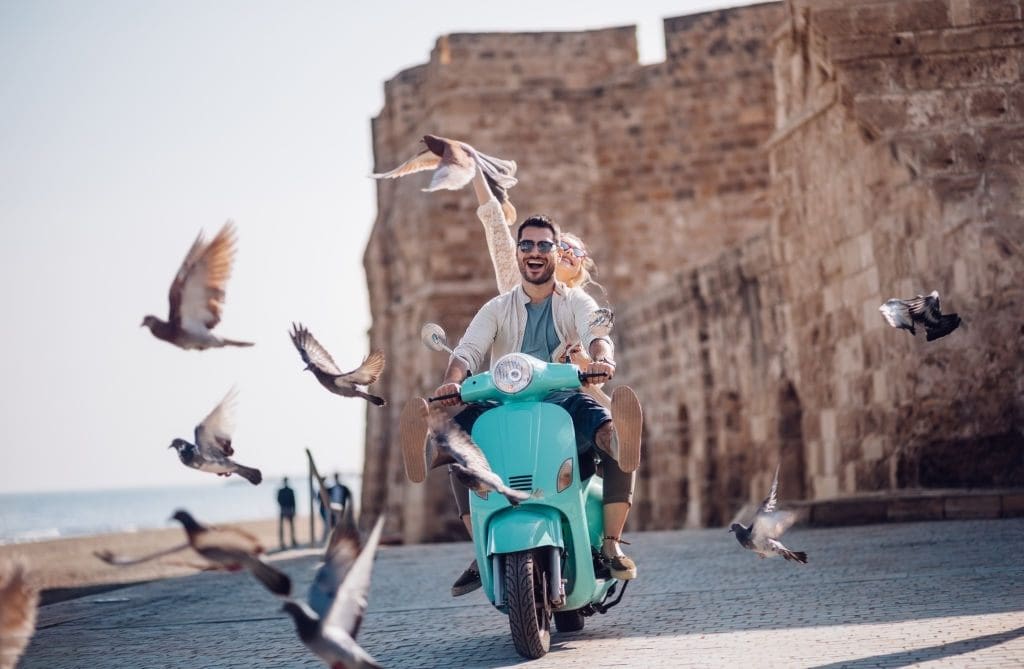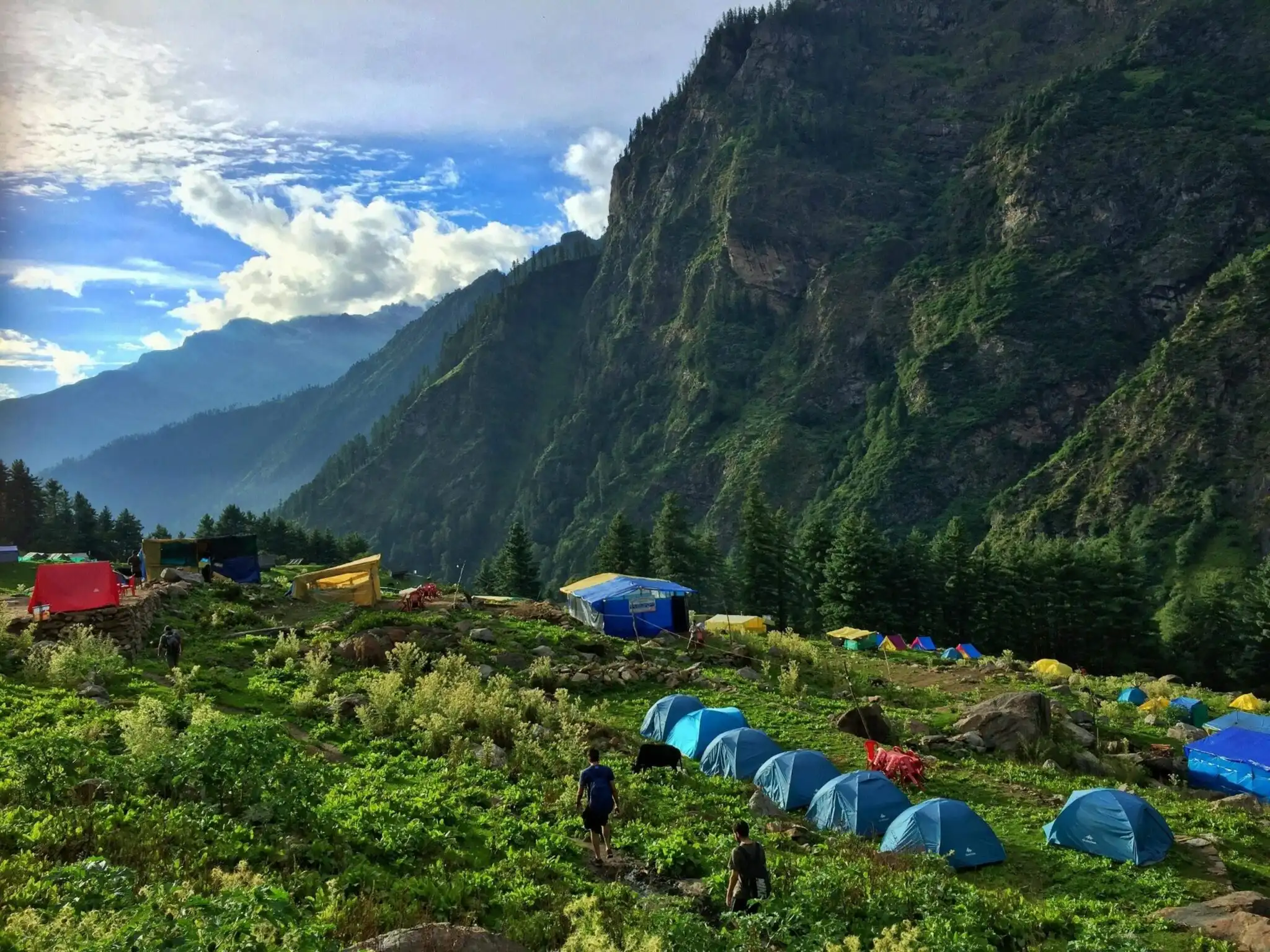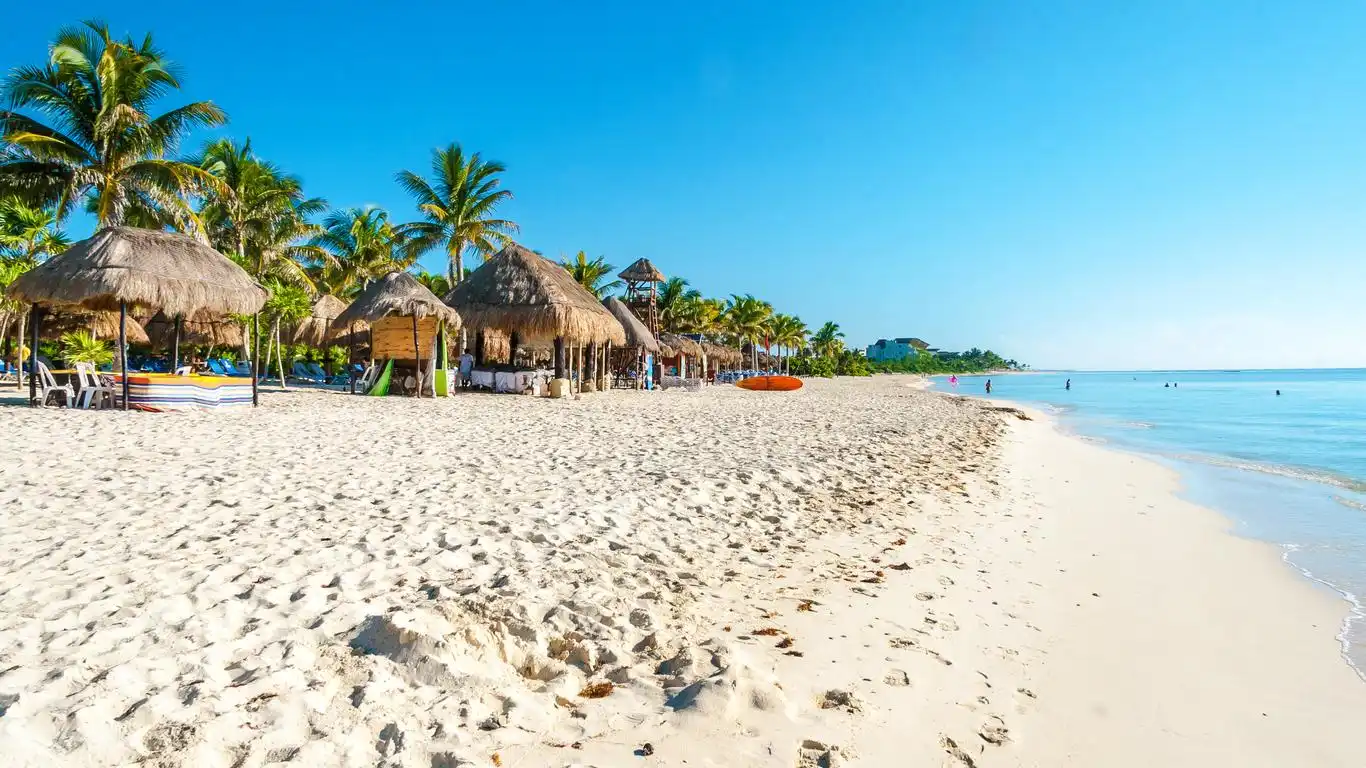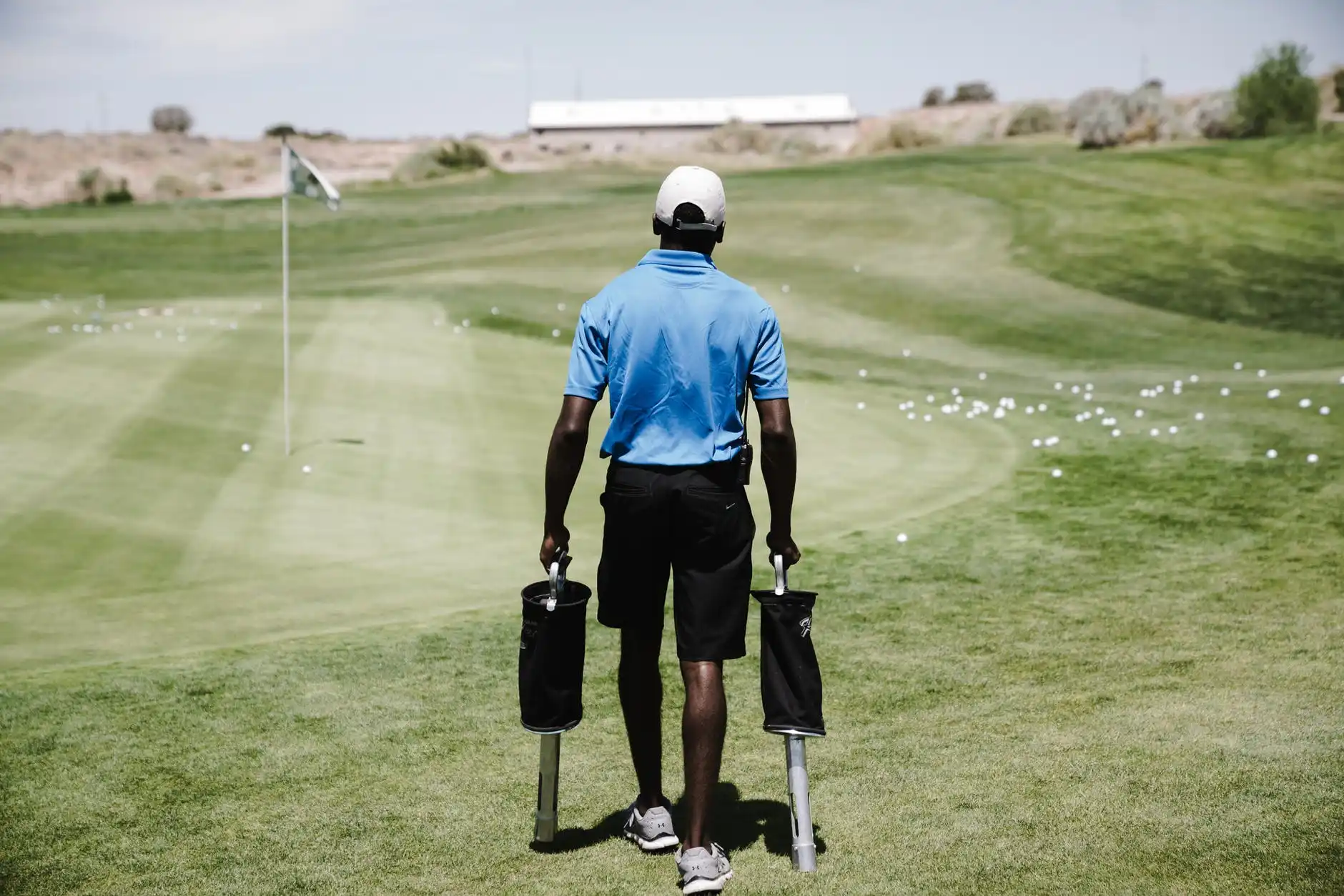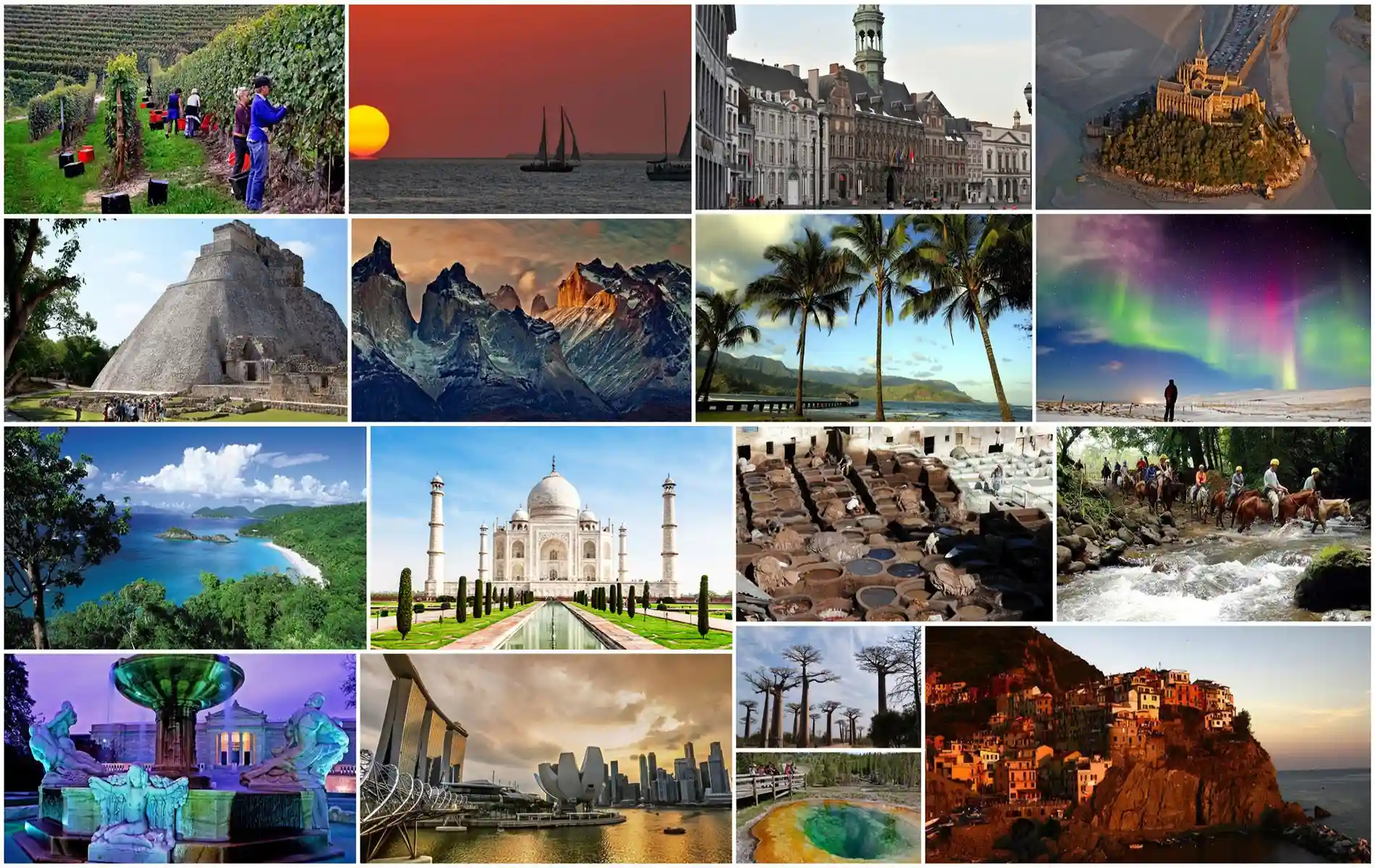raveling is one of the most enriching experiences, offering opportunities for self-discovery, adventure, and relaxation. However, it can also come with a fair share of stressors if not approached thoughtfully. From navigating unfamiliar environments to dealing with unexpected changes in plans, travel can be overwhelming at times. To ensure your journey is as smooth and enjoyable as possible, here are some important factors to remember while traveling.
1. Plan Ahead
Proper planning is one of the most crucial elements of stress-free travel. While spontaneity can be exciting, planning ahead allows you to anticipate potential challenges and avoid unnecessary stress.
Research Your Destination
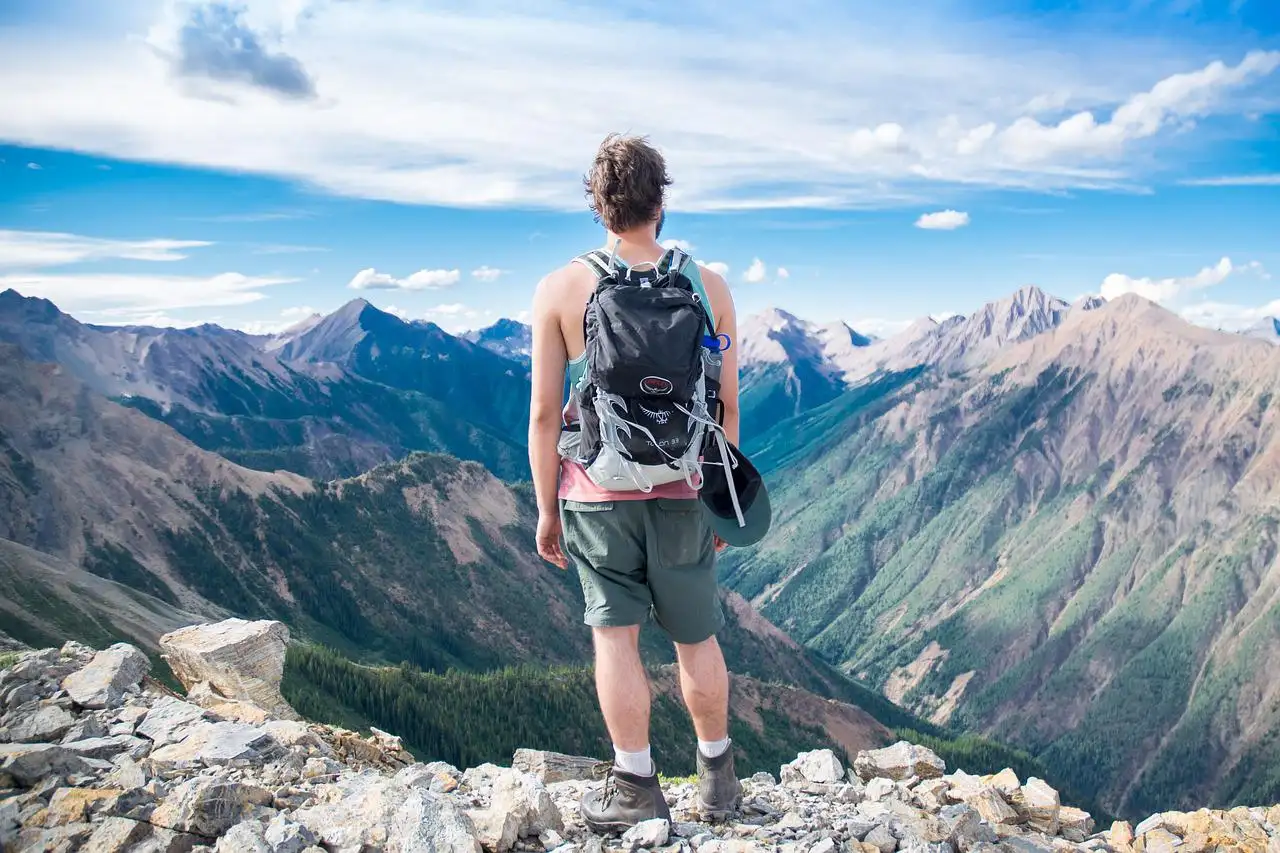
Before embarking on your trip, take time to research your destination thoroughly. Understand the local weather conditions, customs, and culture. This will not only prepare you for the climate but also make you more respectful of local norms. If you’re traveling to a foreign country, be aware of any travel advisories or entry requirements such as visas or vaccinations.
Book Accommodations in Advance
Accommodation is often one of the largest expenses while traveling. Booking your stay in advance can help you secure better deals and avoid the stress of looking for a place to stay at the last minute. Consider using platforms like Airbnb, Booking.com, or directly contacting hotels to find the best options based on your budget and preferences.
Create an Itinerary
Having a clear itinerary helps keep your days organized and ensures that you don’t miss any must-see attractions. Include essential details such as operating hours of attractions, transportation schedules, and local restaurants. At the same time, don’t over-schedule yourself. Leave some flexibility for relaxation or spontaneous detours.
Pack Smart
Packing can be a source of stress if not done thoughtfully. Make a checklist of essential items such as clothes, toiletries, travel documents, and any electronics. Keep your packing light and versatile, ensuring you pack items that can serve multiple purposes. Use packing cubes or bags to keep your belongings organized and easily accessible.
2. Stay Organized
Maintaining organization during your travels will help prevent unnecessary confusion and ensure that you have everything you need when you need it.
Use Packing Cubes or Organizers
One of the best ways to stay organized is by using packing cubes or zippered organizers. These help you separate your clothes, toiletries, and accessories, making it easier to access what you need. For instance, you can have one cube for your clothes, another for toiletries, and another for gadgets. This system allows you to avoid rummaging through your entire bag every time you need something.
Make Lists
Creating checklists can help you stay on top of your tasks and avoid missing any important steps. Write down things to pack, places to visit, and key actions like booking tickets or confirming reservations. A digital to-do list app can be helpful, as it allows you to track your progress and make updates in real time.
Keep Important Documents in One Place
It’s essential to keep your travel documents, such as your passport, visa, tickets, and insurance papers, in one secure and easily accessible location. Consider using a travel wallet or document holder to keep everything organized and reduce the chances of misplacing essential paperwork.
3. Take Care of Yourself
Traveling, especially long-distance, can take a physical and mental toll on your body. To ensure that you’re in the best shape possible to enjoy your trip, prioritize self-care.
Get Enough Rest
One of the biggest travel mistakes people make is underestimating the importance of sleep. Long flights, early morning check-ins, and busy sightseeing schedules can lead to fatigue. Adequate sleep is essential to maintaining energy levels and reducing irritability during your trip. Ensure you have restful nights by booking accommodations with comfortable bedding or using sleep aids such as neck pillows, earplugs, and eye masks during flights or bus rides.
Stay Hydrated
Dehydration is common during travel, especially in hot climates or during long journeys. Always carry a refillable water bottle and drink water regularly. If you’re flying, the dry cabin air can dehydrate you, so make sure to hydrate before and during the flight. Also, avoid excessive alcohol or caffeine, as they can contribute to dehydration.
Eat Balanced Meals
Fueling your body with nutritious food is important for sustaining energy throughout the day. Traveling to new places means you’ll be exposed to new cuisines, and while it’s exciting to try local dishes, ensure you maintain a balanced diet. When possible, opt for meals that include fruits, vegetables, whole grains, and lean proteins. If you’re concerned about eating healthy while traveling, consider packing snacks like nuts, granola bars, or fresh fruit to keep your energy levels stable.
Exercise and Stretch
Long hours of sitting in transit or walking for hours on end can cause stiffness or discomfort. Incorporate light stretching or walking into your daily routine. This will help reduce muscle strain and improve circulation, particularly on long flights or bus rides. Simple stretches like neck rolls, shoulder shrugs, or ankle rotations can prevent discomfort and help you feel refreshed.
4. Keep Emergency Numbers Handy
Emergencies can happen when least expected, so it’s important to be prepared and know how to handle difficult situations.
Emergency Contact Numbers
Before leaving for your destination, make sure you have a list of emergency contact numbers for police, fire, medical services, and your country’s embassy or consulate. These numbers can be lifesavers in case of a crisis.
Health Insurance
Check that your health insurance covers international travel, or consider purchasing travel insurance. If you’re traveling to a remote area, make sure to have information about the nearest hospital or clinic in case of illness or injury.
Know Your Embassy
Keep a digital and physical copy of the contact details for your embassy or consulate in your destination country. In case your passport is lost or you find yourself in a legal or safety situation, this contact will be invaluable.
5. Embrace the Local Culture
The best way to experience a destination is by immersing yourself in its culture and customs. By doing so, you not only enrich your travel experience but also foster respectful interactions with the locals.
Learn Key Phrases
Even if you don’t speak the local language fluently, learning basic phrases such as “hello,” “thank you,” and “please” will go a long way. It shows respect for the culture and opens up the possibility of meaningful conversations with locals. Many people appreciate when foreigners make an effort to speak their language, even if it’s just a few words.
Respect Local Customs
Every culture has its own set of social norms and customs. Whether it’s proper dress codes for religious sites or dining etiquette, being mindful of these practices can prevent you from offending locals. Researching these customs beforehand will help you navigate unfamiliar social settings with confidence and avoid unintentionally disrespecting the culture.
Support Local Businesses
Support local businesses by dining at small, family-owned restaurants, purchasing handcrafted goods, or taking part in local experiences. This not only boosts the local economy but also enriches your travel experience with unique, authentic encounters.
6. Stay Connected
Staying connected with loved ones and locals can provide both safety and convenience during your travels.
Share Your Itinerary
Let a friend or family member know your travel plans, including where you’ll be staying and your expected return dates. Share your itinerary with them, so they know where you are in case of emergencies.
Access to Wi-Fi
In today’s world, staying connected via Wi-Fi is essential for travel. It allows you to keep in touch with loved ones, navigate unfamiliar cities, book accommodations, and access vital travel apps. Many airports, cafes, and restaurants offer free Wi-Fi, but if you need a more reliable connection, consider purchasing a local SIM card or an international roaming plan.
Use Apps for Navigation
Download offline maps or use apps like Google Maps or Citymapper for real-time navigation. This will help you find your way through unfamiliar streets, public transport systems, and even find local eateries or hidden gems that may not be in guidebooks.
7. Be Flexible
While planning ahead is important, being flexible allows you to adapt to unexpected changes without feeling overwhelmed.
Expect the Unexpected
Travel doesn’t always go as planned. Flights can be delayed, attractions can close unexpectedly, or weather conditions can change rapidly. Rather than stressing over the unexpected, embrace the flexibility that comes with travel. Having a Plan B (and sometimes C) can help you manage changes without getting frustrated.
Adapt to the Situation
Whether you need to rearrange your schedule or find an alternative route due to unforeseen circumstances, maintaining a calm, adaptable mindset is key. Flexibility allows you to make the most of any situation and prevents unnecessary stress from derailing your plans.
Allow Time for Spontaneity
Some of the best travel experiences come from unplanned detours. While it’s important to have a structured itinerary, leave room for exploration and spontaneity. You never know when you might stumble upon a hidden gem or meet someone who invites you on a new adventure.
Last Words
Traveling should be an exciting and enriching experience. By planning ahead, staying organized, taking care of your health, and embracing local cultures, you can ensure that your trip remains enjoyable and stress-free. Always stay connected, be ready to adapt, and remember to leave room for spontaneity. With these essential tips in mind, your travels will be filled with unforgettable moments, and you’ll return home with a sense of accomplishment and fulfillment. Happy travels!
FAQs (Frequently Asked Questions)
- How can I plan a stress-free trip?
- Planning a stress-free trip involves thorough research, booking accommodations in advance, creating a flexible itinerary, packing smart, and preparing for emergencies.
- What should I do to stay organized while traveling?
- Use packing cubes to organize clothes and accessories, make to-do lists, and keep your travel documents in one secure place to avoid unnecessary stress during your travels.
- How can I take care of my health while traveling?
- Ensure you get enough rest, stay hydrated, eat balanced meals, and incorporate exercise into your routine to maintain physical and mental well-being.
- Why is it important to have emergency numbers handy?
- Emergency numbers are essential for any unforeseen situations, including medical emergencies, theft, or legal issues. Having them readily available ensures quick assistance when needed.
- How can I embrace local culture during my travels?
- Learn basic phrases in the local language, respect local customs, and support local businesses to create a meaningful and respectful connection with the culture.
- What is the importance of staying connected while traveling?
- Staying connected helps ensure safety, allows you to share your itinerary with loved ones, and provides access to essential services like navigation and communication.
- How do I stay flexible when things don’t go as planned?
- Expect the unexpected and have backup plans ready. Adapt to changes in weather, transport, or other factors, and leave room for spontaneous exploration during your trip.



